St Cuthbert Places
Saint Cuthbert of Lindisfarne (c. 634 – 20 March 687) was a revered Anglo-Saxon saint and bishop known for his profound piety and contributions to early Christianity. A monk and hermit, he played a pivotal role in the spread of Christianity across Northumbria, inspiring through his exemplary life and asceticism. His connection to Lindisfarne, where he became bishop, is legendary. Cuthbert's posthumous influence grew through the veneration of his relics and the creation of the Lindisfarne Gospels. His legacy endures in the hearts of believers and his impact on the Christian landscape of early medieval England remains significant.
Found 7 places
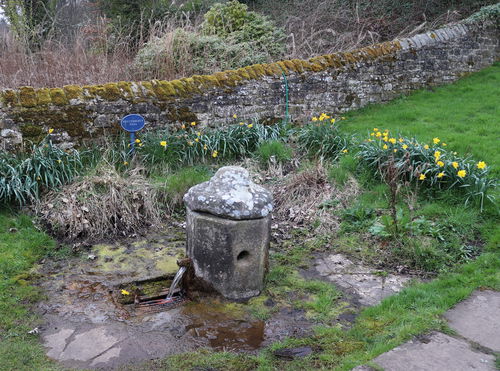
Cuddy's Well
Religious Place Bellingham NorthumberlandAn ancient well found by St Cuthbert in Bellingham, topped by a Georgian pant and known for its miracles.
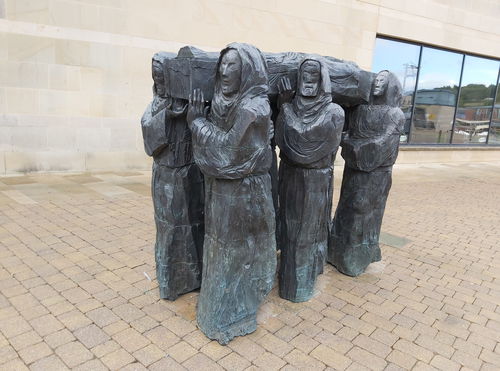
The Journey
Art Durham County DurhamA bronze sculpture depicting six monks transporting St Cuthbert's coffin in Durham City centre by Fenwick Lawson.
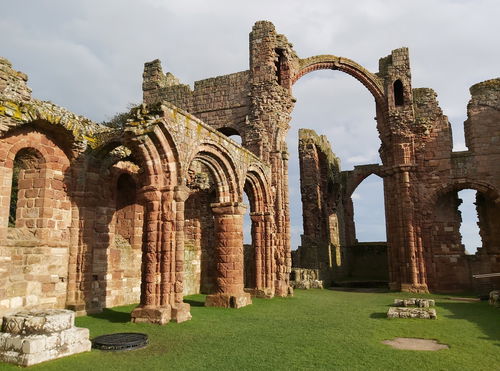
Lindisfarne Priory
Religious Place Holy Island NorthumberlandA ruined Priory on the Holy Island of Lindisfarne, widely considered to be the birthplace of Christianity in England.
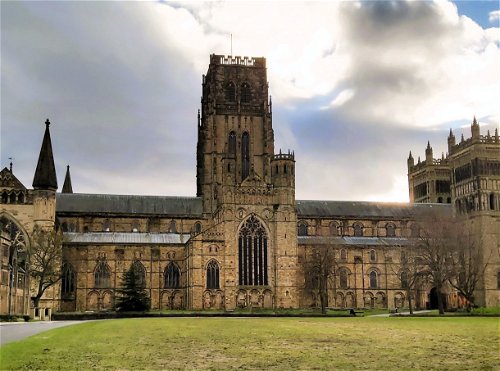
Durham Cathedral
Religious Place Durham County DurhamA stunning 900 year old cathedral built on a peninsula formed by the River Wear.
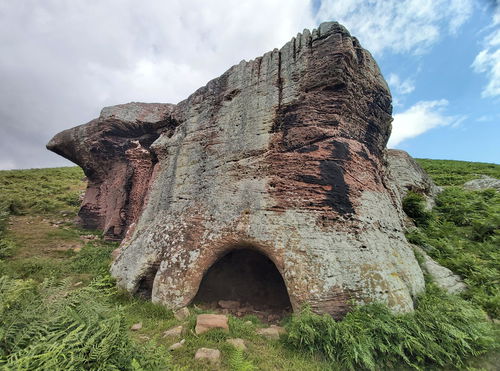
Cuddy's Cave
Cave Doddington NorthumberlandA small cave in a huge rock up a hill where it was thought St Cuthbert may have stayed.
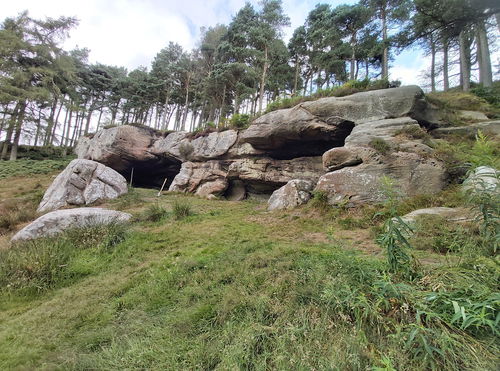
St Cuthbert's Cave
Cave Belford NorthumberlandSituated in Holburn, St Cuthbert either lived in this cave as a hermit or his body was laid to rest here by monks escpaing from the vikings!
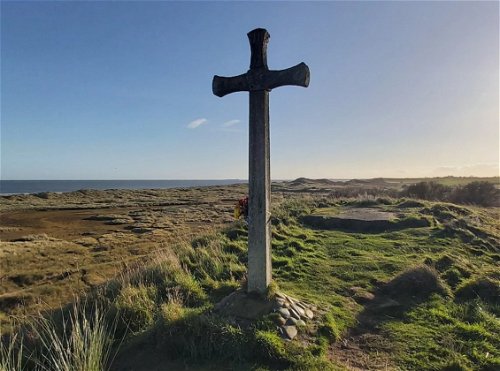
St Cuthbert's Cross
Religious Place Alnmouth NorthumberlandSaid to be the location where St Cuthbert agreed to become Bishop of Lindisfarne when petitioned by the king.
Filter Results
Filter the places by category or their location, or even search by a keyword.
